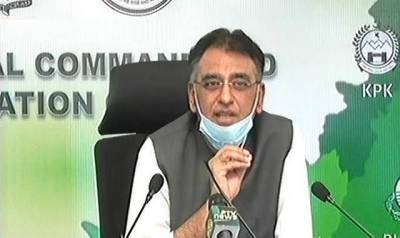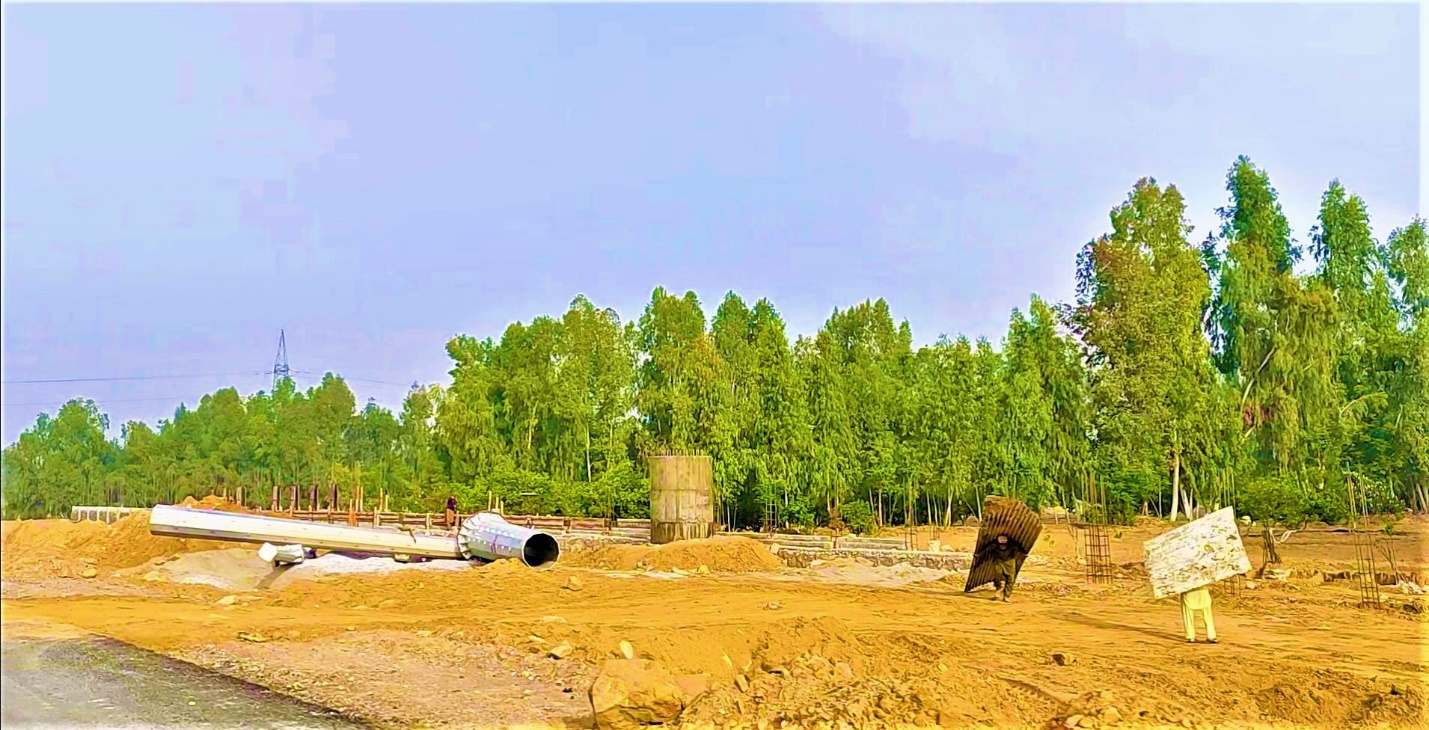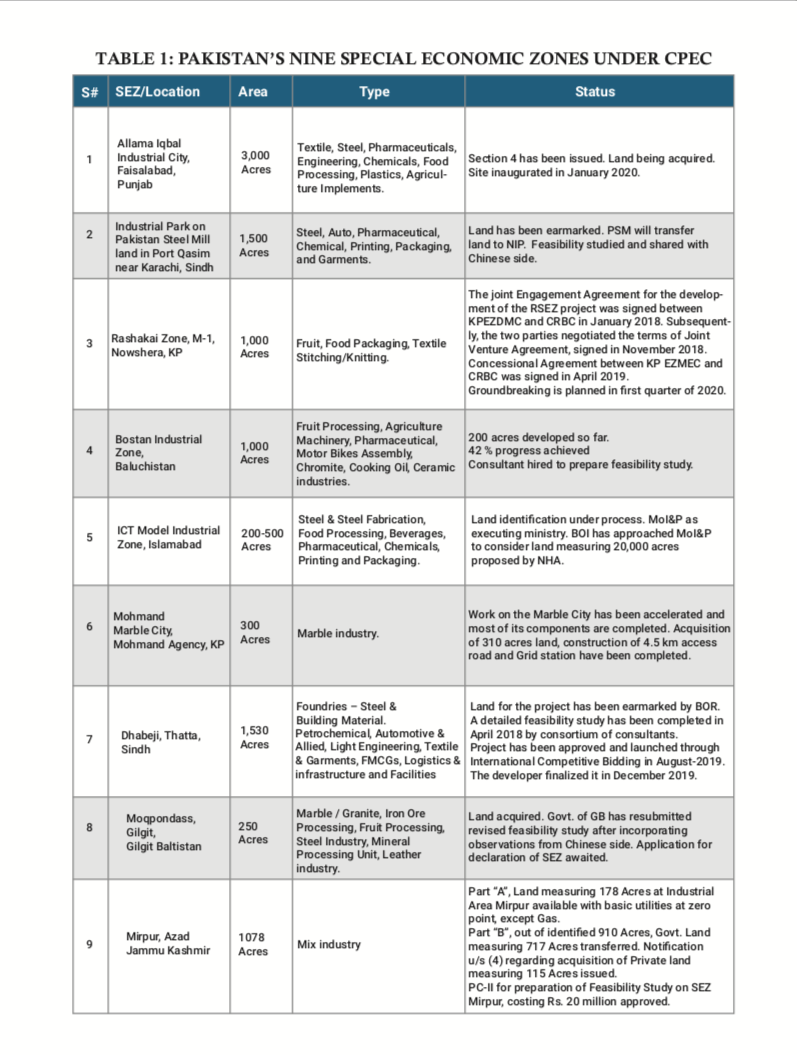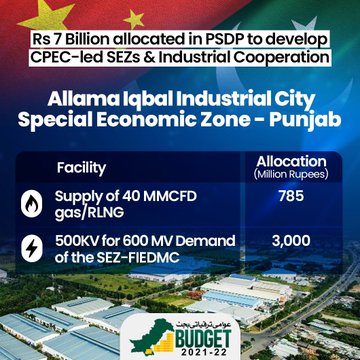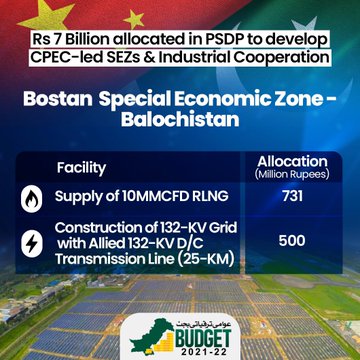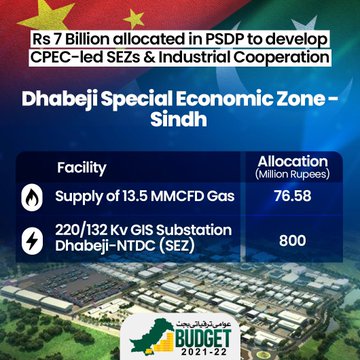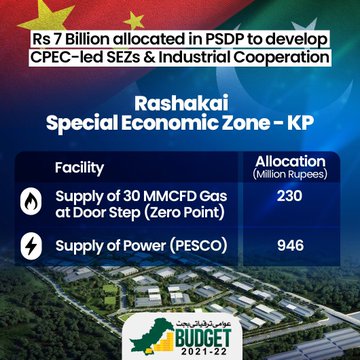ghazi52
PDF THINK TANK: ANALYST

- Joined
- Mar 21, 2007
- Messages
- 101,792
- Reaction score
- 106
- Country
- Location
Chinese firm to set up EV plant in Pakistan
BOI grants admission to MG JW Automobile Pakistan in JW-SEZ Raiwind
APP March 14, 2021
ISLAMABAD: The Board of Investment (BOI) has decided to facilitate the entry of China’s largest automobile manufacturer in Pakistan and the first private special economic zone (SEZ) in Raiwind, Punjab.
During an SEZ committee meeting on Saturday, the BOI granted admission to MG JW Automobile Pakistan Private Limited in JW-SEZ Raiwind as ‘zone enterprise’.
With an estimated foreign direct investment (FDI) of Rs663 million and local investment worth Rs637 million, MG JW Automobile will establish an electric car manufacturing plant.
MG JW Automobile (MG Pakistan) is a joint venture between JW-SEZ (Private) Limited and SMIL, which is a subsidiary of SAIC Motor Corporation Limited. SAIC is a Chinese state-owned automotive design and manufacturing company headquartered in Shanghai with multinational operations.
It is the largest auto manufacturer in China and the seventh-largest in the world. In 2006, SAIC purchased the prestigious British brand Morris Garages (MG) and it is now marketing automobiles under that brand all over the world.
The BOI received the zone entry application of MG JW Automobile Pakistan through its recently launched ‘SEZ MIS Module’, which acts as a one-window for SEZs in Pakistan. The module is designed to facilitate real investors, from all corners of the world, in getting admission into SEZs while ensuring complete transparency.
BOI Chairman Atif R Bokhari stated that the initiation of the first private SEZ in Pakistan was a testament to the fact that the government is fully committed to facilitating private investors for speedy industrialisation in the country.
Furthermore, BOI Secretary Fareena Mazhar said, “The launch of SEZ-MIS Module is a leap into the digital future of SEZ-led industrialisation.”
She further stated that BOI is making all-out efforts to facilitate private investors.
Published in The Express Tribune, March 14th, 2021.
BOI grants admission to MG JW Automobile Pakistan in JW-SEZ Raiwind
APP March 14, 2021
ISLAMABAD: The Board of Investment (BOI) has decided to facilitate the entry of China’s largest automobile manufacturer in Pakistan and the first private special economic zone (SEZ) in Raiwind, Punjab.
During an SEZ committee meeting on Saturday, the BOI granted admission to MG JW Automobile Pakistan Private Limited in JW-SEZ Raiwind as ‘zone enterprise’.
With an estimated foreign direct investment (FDI) of Rs663 million and local investment worth Rs637 million, MG JW Automobile will establish an electric car manufacturing plant.
MG JW Automobile (MG Pakistan) is a joint venture between JW-SEZ (Private) Limited and SMIL, which is a subsidiary of SAIC Motor Corporation Limited. SAIC is a Chinese state-owned automotive design and manufacturing company headquartered in Shanghai with multinational operations.
It is the largest auto manufacturer in China and the seventh-largest in the world. In 2006, SAIC purchased the prestigious British brand Morris Garages (MG) and it is now marketing automobiles under that brand all over the world.
The BOI received the zone entry application of MG JW Automobile Pakistan through its recently launched ‘SEZ MIS Module’, which acts as a one-window for SEZs in Pakistan. The module is designed to facilitate real investors, from all corners of the world, in getting admission into SEZs while ensuring complete transparency.
BOI Chairman Atif R Bokhari stated that the initiation of the first private SEZ in Pakistan was a testament to the fact that the government is fully committed to facilitating private investors for speedy industrialisation in the country.
Furthermore, BOI Secretary Fareena Mazhar said, “The launch of SEZ-MIS Module is a leap into the digital future of SEZ-led industrialisation.”
She further stated that BOI is making all-out efforts to facilitate private investors.
Published in The Express Tribune, March 14th, 2021.


